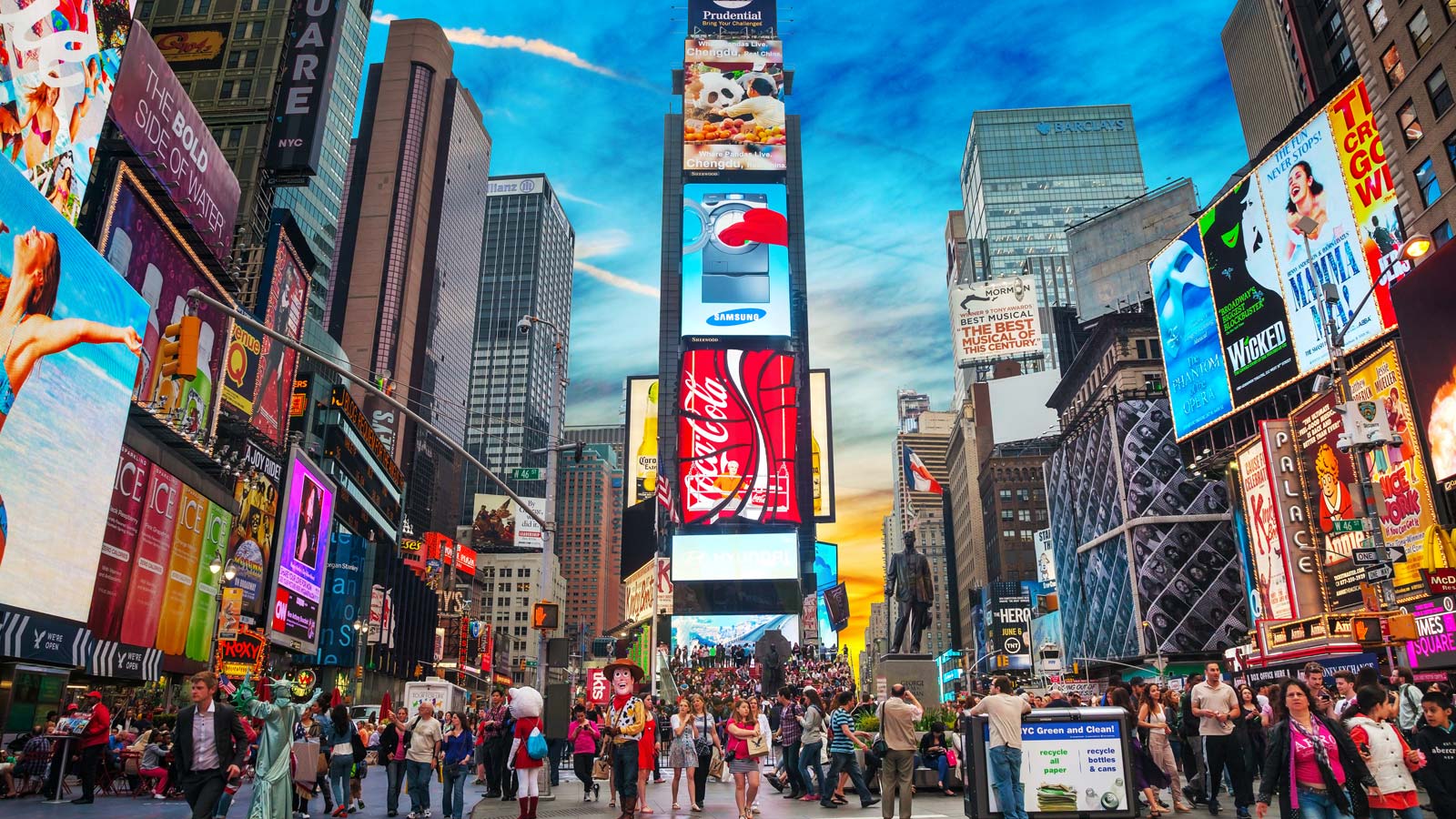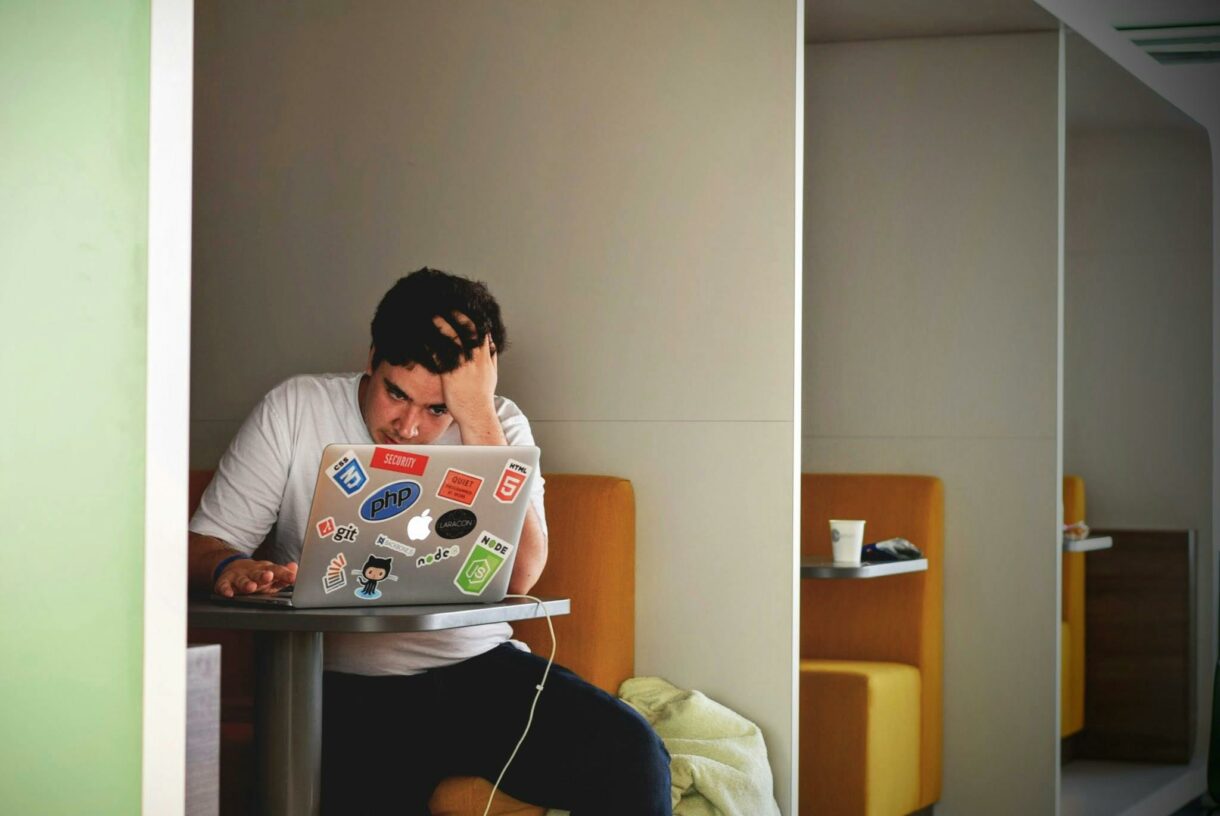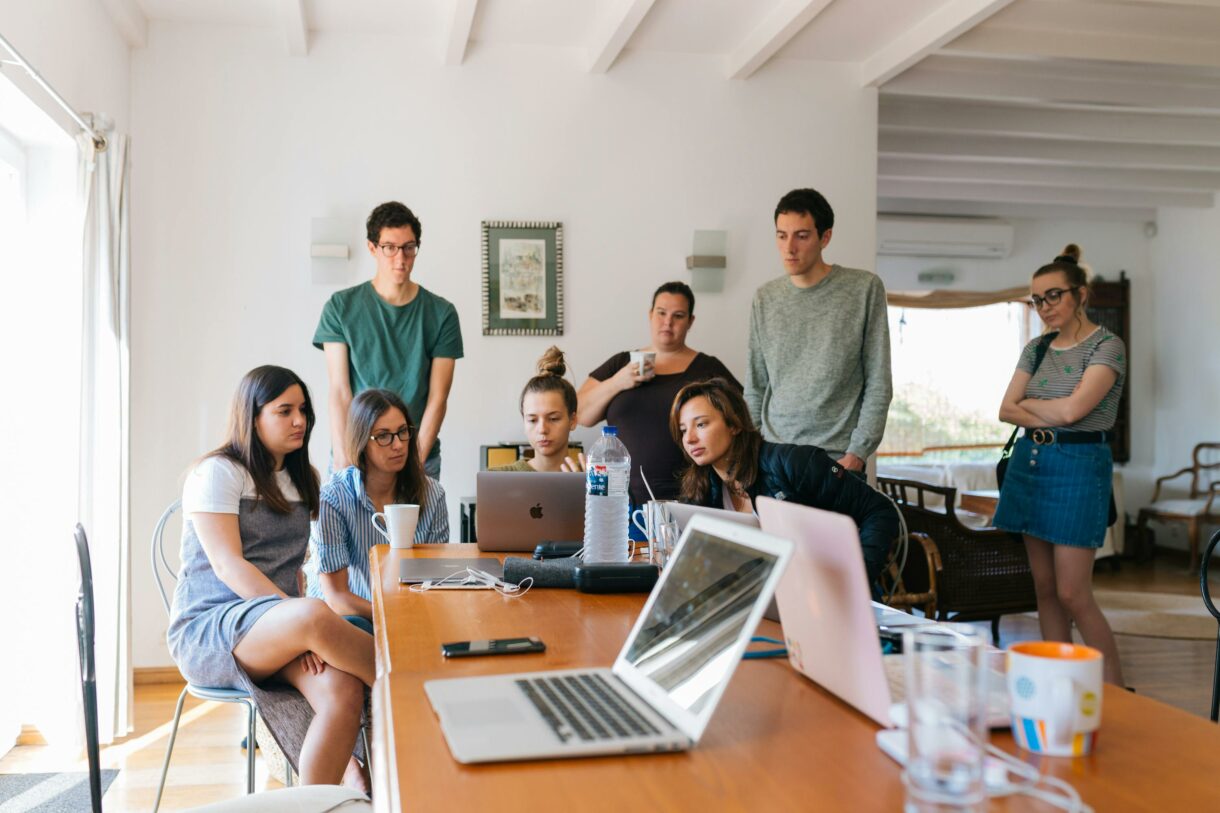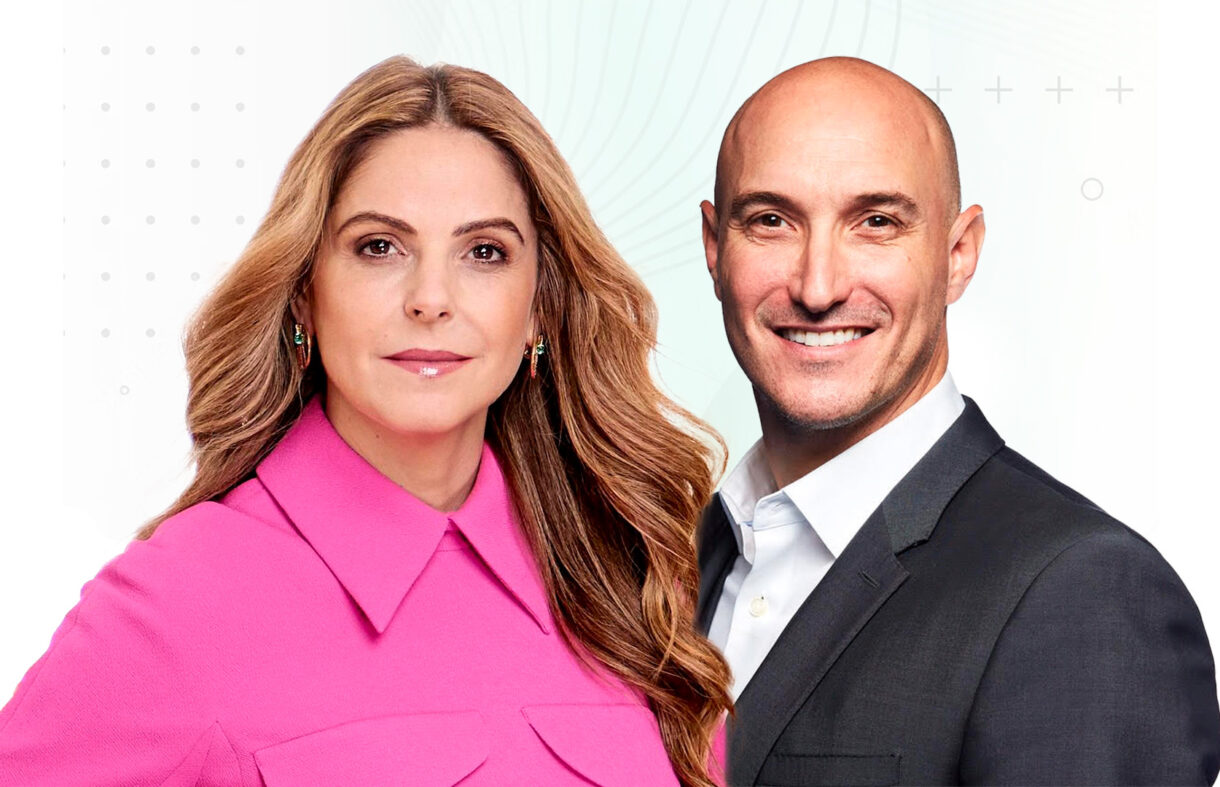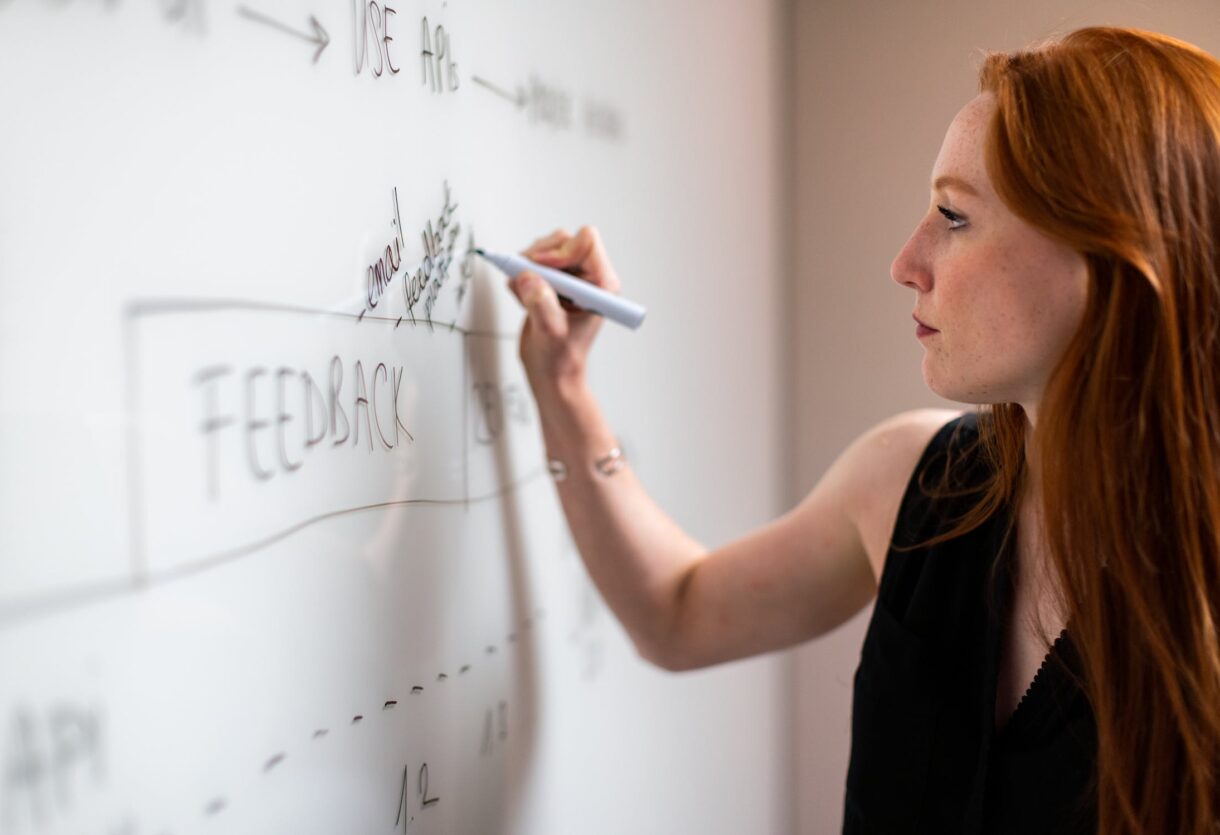Individuals and governments each have their role to play in shifting toward sustainability, but so do businesses.
Unilever, one of the world’s largest consumer goods manufacturers, has taken up the challenge of becoming a promoter of sustainability. Skilful branding and sheer scale are helpful. Paradoxically, marketing – which is the art of creating reputation – does not have a good reputation. It’s seen as superficial and manipulative and maybe sometimes even dangerous. Yet marketing also has the potential to create just and sustainable societies. From an environmental perspective for example, consumer consumption accounts for approximately three-quarters of all carbon emissions. So the very survival of the planet depends on designing brands with lower environmental footprint and which persuade people to modify their behaviour. Marketers, with their expertise in innovation and behaviour change, can and should be making significant contributions towards societal goals by enabling people to make more conscious choices and encouraging people to adopt more conscious consumption habits. The purpose of this article is to explore the power of brands to tackle some of the most pressing social, economic and environmental challenges by sharing some examples where brands give people the power to improve their lives and the lives of others.
Weighing utility and environmental cost
Although marketing and branding cannot solve the problems of the planet by themselves, there is no doubt that they are powerful influencers in popular conversation and behaviour. For many years, colleagues and I at Unilever have recognized we have a considerable impact on people, their choices and their consumption patterns. We have 400 brands that are used two billion times a day by people in over 180 countries. Every year, half the households on the planet use at least one of our products. The responsibility that goes with this scale of activity is huge, and it demands that we look closely at our brands. As a result, all our global brands are put through our ‘Brand Imprint’ process to identify direct, indirect and induced impacts along the value chain.
“The brands that will flourish in the 21st century will be those that can keep meeting people’s primary functional needs while reassuring them that their choice is a contribution.”
Santiago Gowland
Vice President, Unilever
A brand’s ‘imprint’ is weighed against its social contribution, value or utility. Simply put, we ask: “Is this product improving people’s lives? How can we increase its social value? And at what environmental cost?” In the 21st century, I believe these criteria should ultimately become part of a supplier’s license to operate. Some take aim at consumerism as a whole. Instead, an analysis of what we are consuming and how we are consuming will better inform the most sustainable approaches for the future. Our experience with the Brand Imprint Process shows us that we can spot issues and innovation opportunities that not only meet people’s functional and emotional needs but also addresses our shared concerns and desires as citizens.
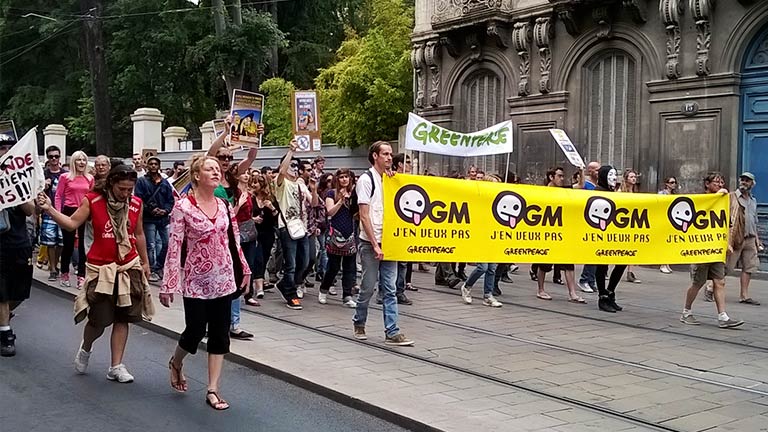
Beyond Copenhagen
Consumer goods companies, like Unilever, have a key role to play. Global brands and multinational companies have capabilities and competencies that are different from the capabilities and competencies of governments and social institutions. In the wake of Copenhagen, it is clear governments are not ready to act with the needed vigour and urgency. As Tim Jackson puts it in his book, Prosperity without Growth: “Governments across the world—in particular [those] in liberal market economies—have been active in championing the pursuit of unbounded consumer freedoms, often elevating the consumer sovereignty above social goals and actively encouraging the expansion of the market into different areas of people’s lives. Policymakers are struggling with competing goals. The reason for the conflict becomes clear once we recognise the role that growth plays in macro-economic stability. With a vital responsibility to protect jobs and to ensure stability, the state is bound (under current circumstances) to prioritise economic growth. And it is locked into this task, even as it seeks to promote sustainability and the common good.”

The same tension policymakers feel between competing goals is seen in most of the boardrooms of the corporate world today. A lack of alignment around purpose slowly erodes attempts to be proactive toward any solution. However, for companies offering products with high utility or social value, the situation is very different. Companies who can “do well” economically by “doing good” for society can reconcile that tension and lack of alignment. At Unilever, what we do is focused on health and well-being which have fundamental utility. How we do it can be described as “sustainable living” which captures our commitment to deliver brands with high social value and low environmental footprint. This new vision is rooted in the conviction that our brands are a force for good in society, from a functional, emotional and social perspective. It is in fact quite difficult to over-consume Unilever products.We are tailored to small, everyday nutritional, hygienic and personal-care needs. And even though we (like any supplier) value growing volumes and usage, we don’t grow volume by asking the same people to take ten showers a day, brush their teeth twenty times a day, or eat every five minutes. Our portfolio not only has high utility but also entails relatively sustainable consumption patterns.
Beyond Branding
Other business sectors, where novelty pushes society to make purchases based on questionable needs, may find it difficult or impossible to establish a brand promise that combines utility with sustainability. Think of clothing, technology, or cars, all of which tend to be based on short durability cycles. This distinction is quite important. Brands with high social value are ideally placed to play a pivotal role in starting a new conversation with people around sustainable consumption. For such brands, marketing can become a service; what they offer from a functional, emotional and societal perspective could be shown to be aligned and synergistic. This way of thinking may seem uncomfortable. Since the publication of Naomi Klein’s No Logo, some have regarded brand owners as exclusively self-interested. In reality the argument against brands was over simplified because while some can be bad, some also enhance our lives. As Nicholas Ind writes in Beyond Branding:
As businesses grow in power, so does their accountability. They acquire larger roles that put them at the centre of our social worlds. They can use this power for good by promoting essential freedoms… or for control.
Beyond that, self-centred thinking no longer works. More and more, companies who ignore their responsibility to help create sustainable economies do so at their own peril. The digital revolution has shifted power and knowledge to consumers and facilitated the growth in transparency, accountability and consumer democracy. In this new marketing landscape, the brand promise includes citizen considerations. And brands are ideal vehicles for this new social contract because they act as a window through which consumers have the power to access direct, indirect and induced impacts along the value chain. Brands make visible that which remains invisible in commodities while also providing an opportunity for people to be active participants in defining them. The implication of this is that brands have to be genuinely people-centric and recognize that value is created through genuine relationships with consumers. The brands that will flourish in the 21st century will be those that can keep meeting people’s primary functional needs while reassuring them that their choice is a contribution toward achieving citizen desires and aspirations.
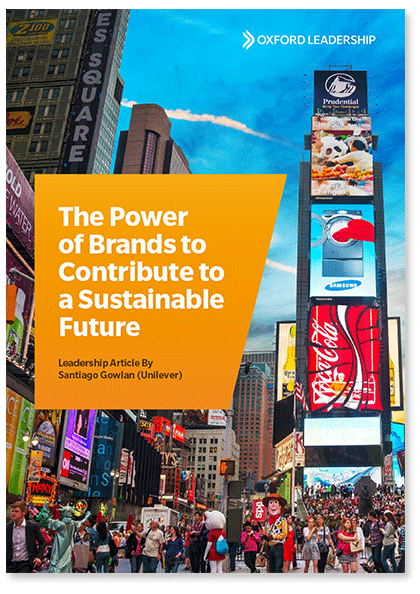
Download Full Article
The power of brands to contribute to a sustainable future
Download ArticleStay up-to-date with our latest news:
Subscribe